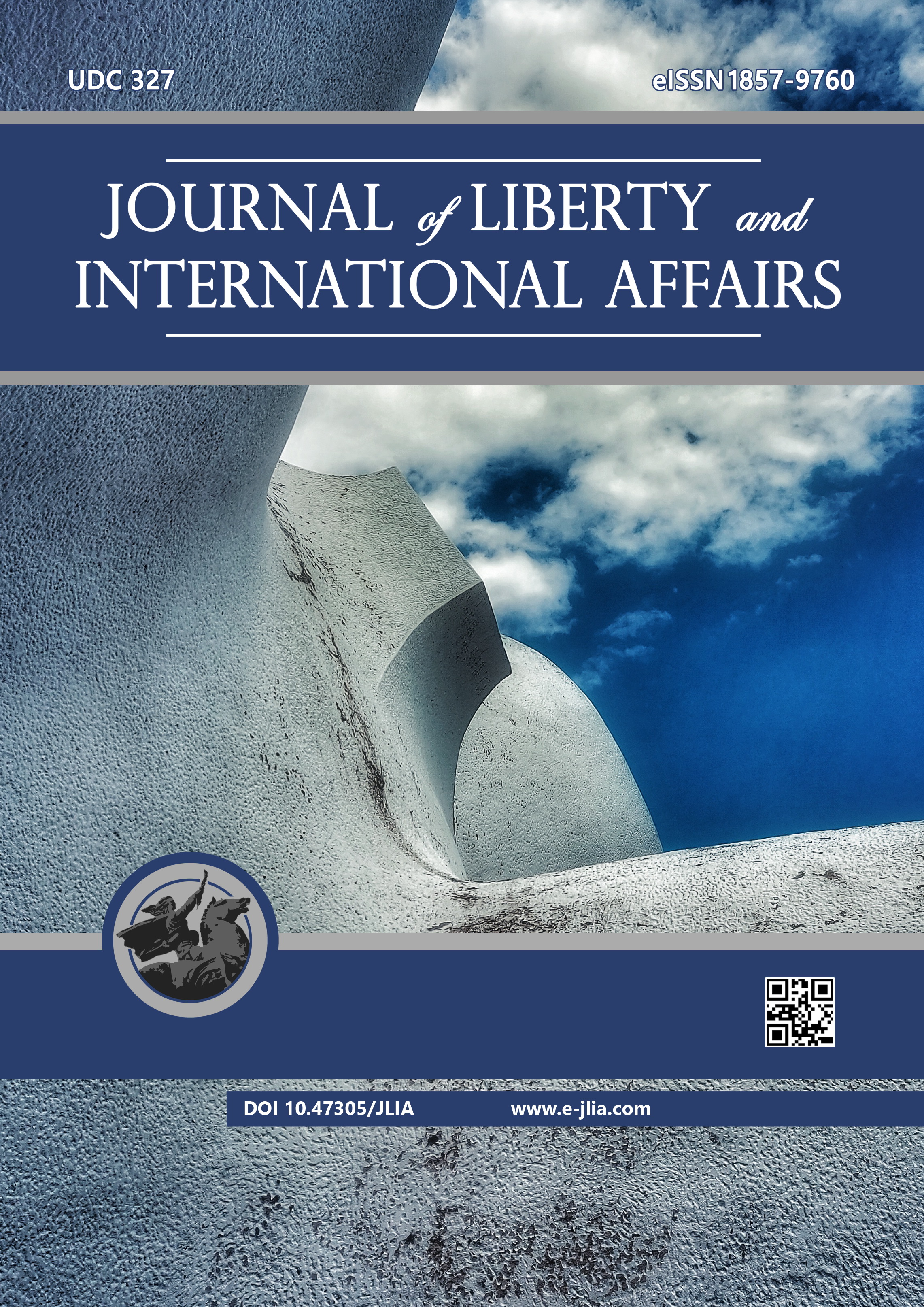DEMOCRACY AND THE RIGHTS OF NON-MAJORITY COMMUNITIES AT THE LOCAL LEVEL IN KOSOVO
DEMOCRACY AND THE RIGHTS OF NON-MAJORITY COMMUNITIES AT THE LOCAL LEVEL IN KOSOVO
Author(s): Besim Myrtezani, Ferdi KamberiSubject(s): Politics / Political Sciences, Politics, Constitutional Law, Civil Law, International Law, Human Rights and Humanitarian Law, Political Theory, Political Sciences, Civil Society, Governance, Public Administration, Public Law, Government/Political systems, International relations/trade, Security and defense, Electoral systems, Welfare systems, Developing nations, Political behavior, Political economy, Political psychology, Politics and law, Politics and communication, Politics and religion, Politics and society, History and theory of political science, Methodology and research technology, Comparative politics, Inter-Ethnic Relations, EU-Approach / EU-Accession / EU-Development, EU-Legislation, Geopolitics, Politics of History/Memory, Politics and Identity, Peace and Conflict Studies, Court case, Comparative Law, Administrative Law
Published by: Institute for Research and European Studies - Bitola
Keywords: Democracy; Local Self-Government; Communities; Institutions; Legislation; Kosovo
Summary/Abstract: Democratic governance has to do with the majority's will, respecting the rights of communities and all citizens' well-being. In Kosovo, the rights of communities are regulated by the constitution and legislation, which guarantee the special rights of minority communities. One of the fundamental policies of governmental institutions was about decentralizing local self-government, designed to facilitate the creation of new municipalities of communities and their integration into the local institutions. Our purpose was to search and analyze the level of representation of communities in the local institutions, legal mechanisms that guarantee their rights, challenges in putting the rights of communities into practice, and the political steps that must be taken to achieve so. The methodology is based on quantitative research with 500 (five hundred) respondents in three municipalities: Pristina, Gracanica, and Dragash, where 59% of respondents are male and 41% are female. The results show that about 55% of the communities are somewhat satisfied with the constitutional guarantees, and 38% are represented in the institutional life of Kosovo. Implementing legal mechanisms has allowed the communities to have higher representation at institutional levels and be part of Kosovo society’s integrative processes.
Journal: Journal of Liberty and International Affairs
- Issue Year: 8/2022
- Issue No: 3
- Page Range: 47-62
- Page Count: 9
- Language: English

